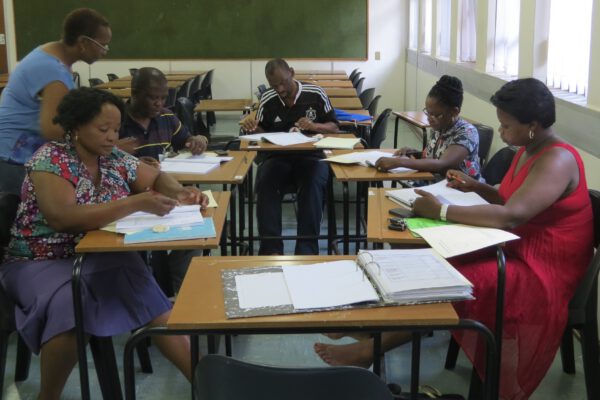How to Advance Racial Equity Through Workforce Development Policies
Title: The Roadmap for Racial Equity: An Imperative for Workforce Development Advocates
Source: National Skills Coalition
Author: Melissa Johnson, Molly Bashay, and Amanda Bergson-Shilcock
In its latest report on racial equity and workforce development, the National Skills Coalition describes some of the disparities that challenge both equity and economic competitiveness in the United States and calls for inclusive workforce policies to help advance racial equity.
The report highlights trends on educational and economic disparities for people of color and shortages of workers that have access to training for middle-skills jobs. These jobs account for 53 percent of the labor market, but only 43 percent of workers have access to training at the middle-skill level.
From the authors’ perspective, racial equity is accomplished when race or immigration status is no longer correlated with an individual’s outcome. To advance racial equity, the authors propose a set of nine policy solutions linked to workforce development practices. These policies include the adoption of racial equity goals aligned with postsecondary attainment goals and workforce development plans and specific investments in infrastructure and technical assistance. Other policies include strengthening training policies that build on career pathways and stackable credentials and building specific sector partnerships.
To learn more about the different policies proposed and read the full report, please click here.
—Maria Claudia Soler
If you have any questions or comments about this blog post, please contact us.


